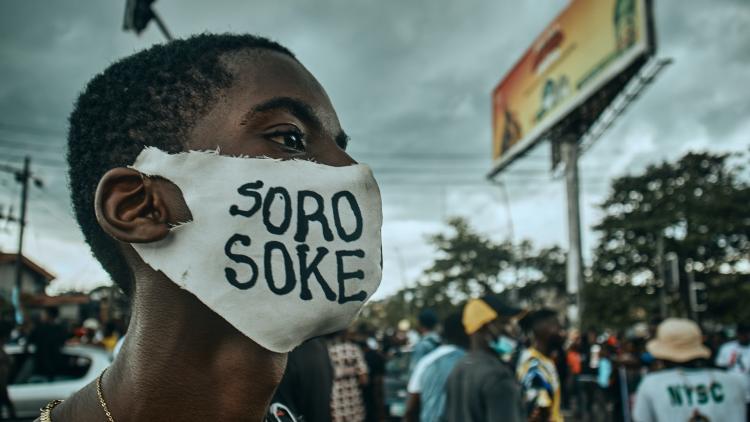Law and Justice in Contemporary China

Key information
- Status
- Module not running
- Module code
- 155200096
- FHEQ Level
- 5
- Credits
- 15
- Department
- School of Law, Gender and Media
Module overview
This one term (15 credits) module will provide students with a foundation of law in the People’s Republic of China (‘China’) in contemporary era and an insight of difficult issues concerning one of the world's leading economic powers and the way in which it deals with matters relating to justice.
Our aim is to facilitate, over the course of the academic term, a critical understanding of how law operates in Chinese society, and to prepare students for future engagement with Chinese law in various professional contexts, investigating the processes and frameworks through which certain ideas about justice have come to the political and social forefront in China today.
Specific topics to be addressed will include the role of law in Chinese history; Constitutional Law; central aspects of the judicial process, central issues in criminal justice; the role of civil society and human rights advocacy; and transnational aspects of rule of law development in China.
This module focuses on how justice works, incorporates a concern about the processes that lead to the making, un-making and re-making of the conceptions of justice in China.
Workload
- Weekly 2-hour lecture
- Fortnightly 1-hour seminar
Scope and syllabus
- Introduction to Law and justice in contemporary China
- Sources of Law and Constitution in China
- Human rights and human rights lawyers in China
- One Country Two Systems and the Hong Kong National Security Law
- Criminal Justice and Criminal Procedures in China
- The Chinese Judicial System
- China’s Response to the Covid-19 Pandemic
- China’s Rural Arable Land System
- The Future of the Rule of Law in China
Method of assessment
- AS1 Coursework (3000 words): 80%
- Oral presentation (20 minutes): 20%
Suggested reading
- Pils, Eva. "The Party’s Turn to Public Repression: An Analysis of the ‘709’Crackdown on Human Rights Lawyers in China." China Law and Society Review 3, no. 1 (2018): 1-48.
- Fu, Hualing and Richard Cullen (2008) “Weiquan (Rights Protection) Lawyering in an Authoritarian State: Building a Culture of Public-Interest Lawyering,” The China Journal, No. 59, 111, January 2008
- Gaer, Felice, “International Human Rights Scrutiny of China’s Treatment of Human Rights Lawyers and defenders: The Committee against Torture,” 41 Fordham Int’l L. J. 1165 (2018)
- Nesossi, Elisa. "Political opportunities in non-democracies: the case of Chinese weiquan lawyers." The International Journal of Human Rights 19, no. 7 (2015): 961-978.
- Larry Cata Backer, 'Between the Judge and the Law: Judicial Independence and Authority with Chinese Characteristics', 33 Conn. J. Int'l L. 1 (2017)
- Fu Hualing, 'Building Judicial Integrity in China' (2016) 39 Hastings International and Comparative Law Review,167-181
- Taisu Zhang, The Pragmatic Court: Reinterpreting the Supreme People's Court of China, 25 Colum. J. Asian L. 1 (2012)
- Mike McConville et al, Criminal Justice in China: An Empirical Inquiry (Edward Elgar)
- Susan Trevaskes, 'China's Death Penalty: The Supreme People's Court, the Suspended Death Sentence and the Politics of Penal Reform' (2013) 53 Brit. J. Criminol 482
Disclaimer
Important notice regarding changes to programmes and modules.



